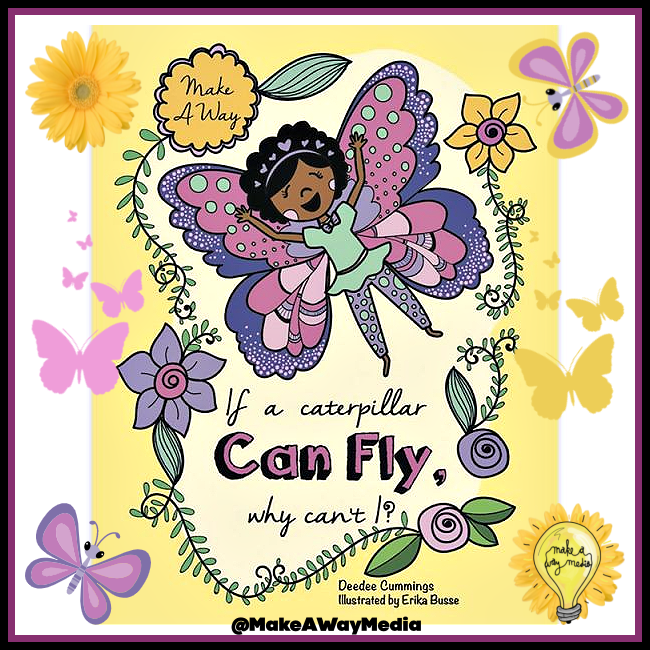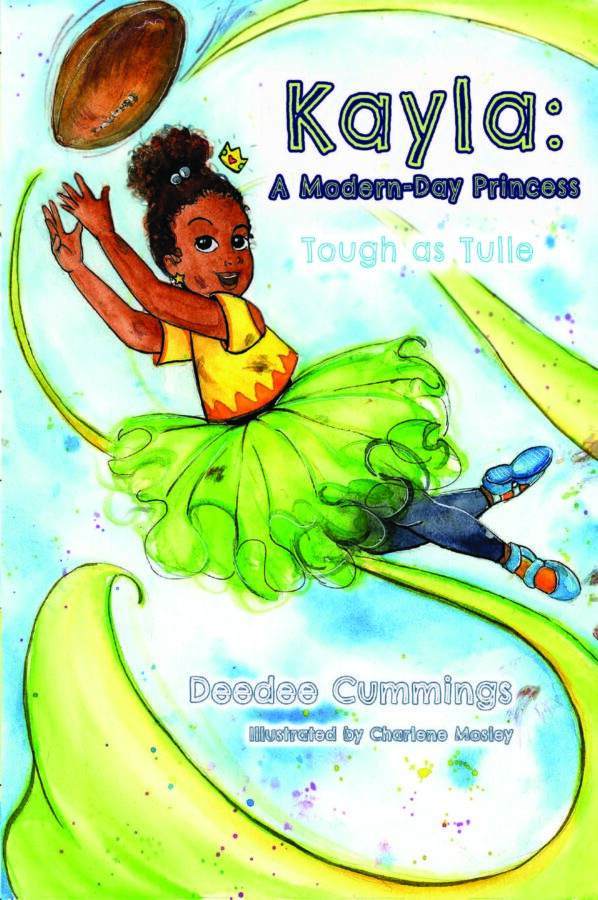I have always loved journaling. I also encourage my young clients to write down their thoughts and give power to their words to cope and process their thoughts.
The struggle between screen time and esteem issues among kids has always been a concern. But the number of kids in mental and emotional crisis has skyrocketed thanks to current world affairs and pandemic lifestyle adjustments. It’s always been my belief as a therapist that journaling is an amazing tool for mental health for ALL ages. Especially kids.
When I wrote my book If A Caterpillar Can Fly, Why Can’t I? my goal was to create a vibrant diverse picture book that was 50% coloring book, 50% journal, and 100% thought-provoking and inspirational. And I did just that.
If A Caterpillar Can Fly, Why Can’t I? is a book that helps parents and caregivers discuss these issues so that kids will be more receptive and open to hearing this message. There are many activities within the pages of this book that will help guide children through an internal dialogue that reinforces how special they are. Journaling is one of many activities for coping and comfort that I share.
In my upcoming book, Kayla: A Modern-Day Princess–Tough as Tulle, young Kayla uses a form of journaling to help her work through a puzzling and concerning question.
In a heavenly letter to her late-grandma, Kayla is able to articulate her worries and ultimately find the answer that she is looking for. Kayla: A Modern-Day Princess–Tough as Tulle is slated for release in June of 2021 and this beautiful diverse picture book, which is filled with over 60 gentle coping techniques, can be preordered here.
Why Journaling is a Great Tool for Kids
Journaling helps to Hone Writing Skills: Writing doesn’t always come easy for many kids, but those who have a firm grasp of reading comprehension and writing with fluency will have a far easier time at school and college.
Journaling Helps Kids Deal with BIG Feelings: Remember how hard it was for you when you were navigating school and life? Fast-forward about 30 years and the tween and teen years are even more complex thanks to social media, racism, and real-world fears of guns in schools. Kids who learn to write about their feelings actively learn to process better and are less likely to bottle big emotions like fear, loneliness, lack of inclusion, anger, sadness, and anxiousness.
Journaling Teaches Communication: Journaling helps kids communicate ideas and issues through writing, and sometimes they can “find the words” needed to express how they feel via words instead of verbalizing. Developing a knack for written communication skills will be an asset as your child moves forward in school, life, and adulthood.
Journaling is a Coping Tool for All Ages: What many adults and kids can’t verbalize can be put into words through writing. It is a form of self-expression that, when done correctly, can lead to personal growth. The act of sitting in a quiet space and writing down thoughts, feelings, worries, and fears helps us to learn to process things more healthily. Once words are on paper, we can often pause and focus on the details we may have otherwise missed.
Encouraging kids to start a journaling practice, or even getting started ourselves, does not have to be fancy! There is no “perfect time” to purchase the “perfect” journal book. A lined paper notebook or a basic diary will suffice and the focus should be on healing, finding peace, and expressing thoughts with pen and paper.
Let’s begin!



